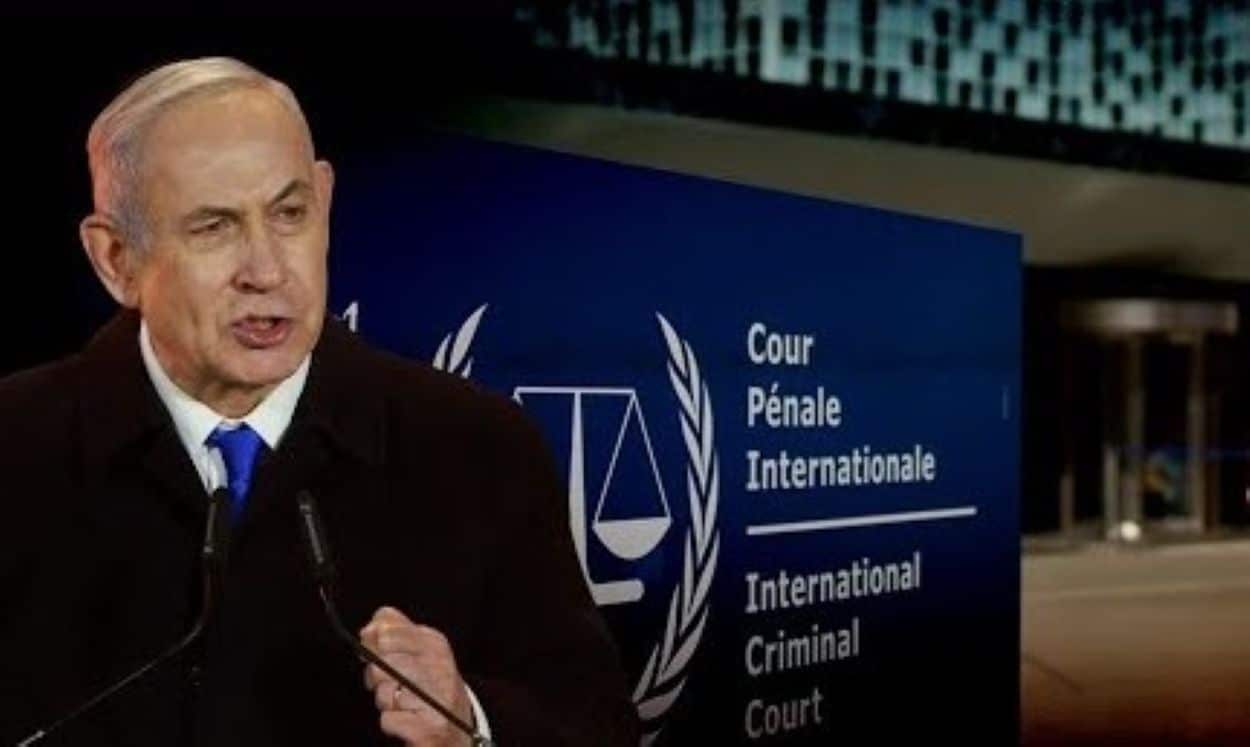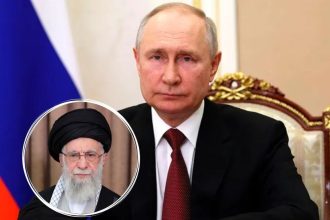The International Criminal Court (ICC) has reaffirmed its commitment to delivering “justice and hope” globally despite facing new US President Donald Trump sanctions.
The sanctions, which were imposed as a response to ICC probes targeting the United States and its ally Israel, have sparked significant international debate.
President Trump signed an executive order that accuses the ICC in The Hague of overstepping its bounds, particularly pointing to the arrest warrant issued for Israeli Prime Minister Benjamin Netanyahu. The order implements asset freezes and travel bans against ICC officials and those associated with the court’s investigations.
The ICC condemned these sanctions, stating they aim to disrupt its “independent and impartial judicial work.” In a firm declaration, the court expressed unwavering support for its staff and its mission to uphold justice worldwide.
The United Nations has expressed deep regret over the US decision, urging a reversal of the sanctions. The move has also drawn criticism from the European Union, with Antonio Costa of the European Council highlighting the threats these sanctions pose to the ICC’s independence and the broader international criminal justice system.
The sanctions underscore the ongoing tension between the ICC and countries not party to the court, like the US and Israel. Israel’s foreign minister, Gideon Saar, supported the sanctions, denouncing the ICC’s actions against Israel as “immoral” and lacking legal justification. Meanwhile, legal experts and UN officials have criticized President Trump’s plans involving Gaza, labelling them as contrary to international law.
As the situation develops, the international community remains divided over the implications of these sanctions. While some view them as necessary to protect national interests, others see them as a significant hindrance to the function and autonomy of the ICC. The controversy continues to evoke strong opinions on the role of international law and justice in global politics.






